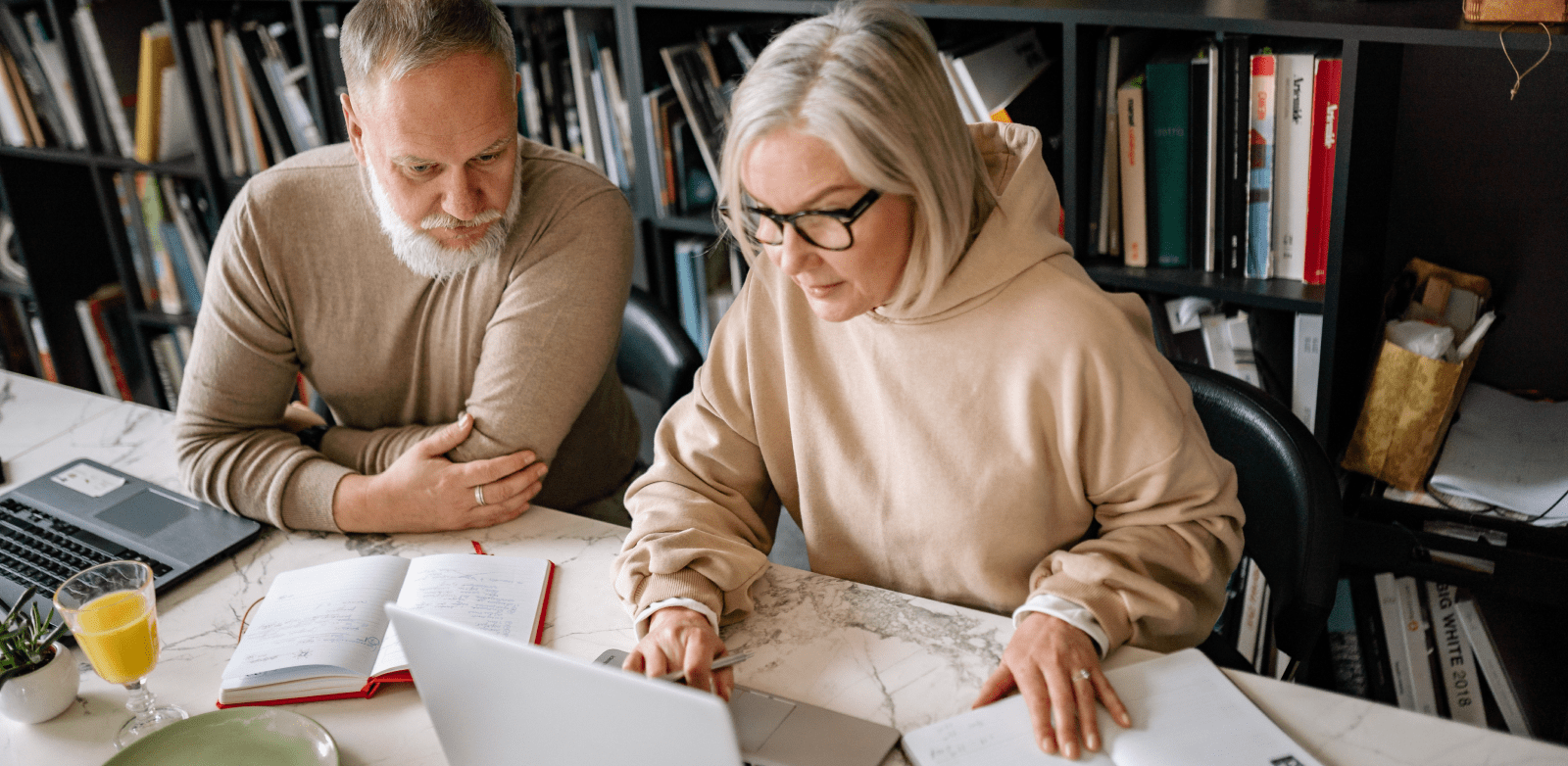
Building Healthy Personal Relationships
There is a wide spectrum of relationships — from close partners and siblings to clerks and colleagues. Each can have a positive impact on your life, as we build positive and rewarding engagements. Close, personal relationships have shown to have a broad range of positive benefits. Studies have also shown that people in constructive relationships:
- Live longer, due to reduced stress and healthier habits
- Heal more quickly, with social support for recovery
- Feel happier: positive relationships produce more oxytocin — a hormone that promotes feelings of love, bonding, and wellbeing
- Make healthier choices, with a partner for support and accountability
Friendships

Friendships also play a key role in health and happiness. Unfortunately, studies have found that women often drop time with friends as their lives get busier. A recent survey on stress found that of the respondents:
-
51% of the women say that they don’t see friends at all in an average week
-
35% of men say they don’t see friends at all in an average week
Women actually get a bigger hit of oxytocin than men when around friends, so there are counterintuitive benefits to making time for seeing friends. In a culture where women often prioritize others first, they often don’t see friends as much as would be beneficial and healthy. Of course, relationships for men also have great value — providing support, trust, connection, and quality time.
“We don’t need proximity and face-to-face interactions all the time, but we do need a daily dose.” ― Dr. Stephen W. Porges
Toxic Relationships

But what about relationships that don’t serve our health and wellbeing? Likely you have had to manage, or cut ties with, a relationship that caused you stress, anxiety, or unhappiness. This can be difficult to navigate in the workplace, where you may have little choice in your interactions. This can be doubly difficult with a close friend or family member.
While very complex or entangled relationships may require professional help, you can also look to the following steps to address difficult relationships on your own:
- Define your own truth.
- Try to separate facts from emotional opinions and make clear decisions.
- Express your truth after thoughtful consideration. Your words should pass through three gates: Is it true? Is it kind? Is it necessary?
- Create boundaries for the behaviors you will not accept.
- Take great care of yourself.
- Foster and strengthen relationships with positive friends and family members who support you.
“You can love them, forgive them, want good things for them…but still move on without them.” ― Mandy Hale





